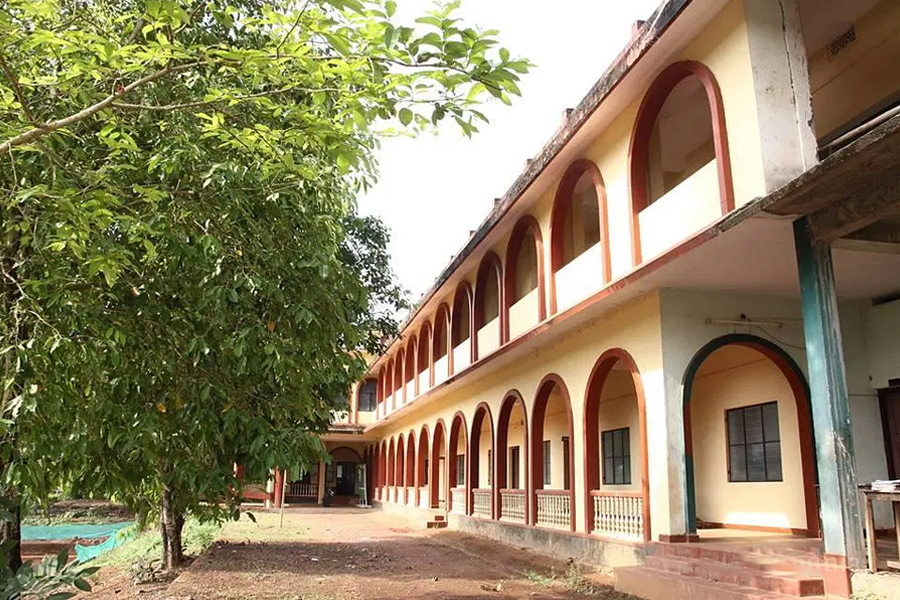Academics
Student Support
Tutorial System
Scholarships
Endowments
Placements
IEDC
NSS
NCC
WWS
ASAP
SSP
Swayam
P. T. A.
Students Union
Ladies Association of Sir Syed (LASS)
Financial Support - SAFE
Student Aid Fund
Transportation
Students Welfare
Remedial Coaching
Premarital Counselling Center
YIP - Young Innovators Programme
Jeevani Center
SEEC
Bhoomitrasena Club
Biodiversity Club
Debate and Quiz Club
Drama Club
Ek Bharat Sreshtha Bharat Club
English Language Club
Entrepreneurship Development Club
Film Club
Folklore Club
Forestry Club
Health Club
Hindi Club
History Club
Love Green Club
Mathrubhoomi Seed Club
Media Club
Nature Club
Red Ribbon Club
Sparsham Palliative Care
Tourism Club
Urdu Club
Electoral Literacy Club
Value Education Club
Band Club
Campus
Centralized Instrumentation Facility
Men’s Hostel
Ladies Hostel
Gymnasium
Cooperative Store
Cafeteria
Indoor Stadium
Auditorium
AV Theater
Multi Media Studio
Students Center
Amenity Center
Professional Academy & Center of Excellence
Men's Prayer Room
IT Center
Xerox Center
Finishing School
Ladies Retreat
Play Ground









































